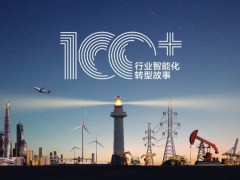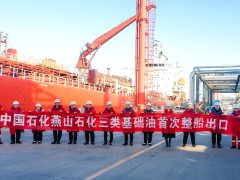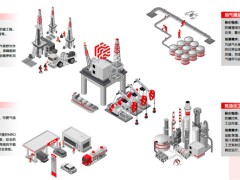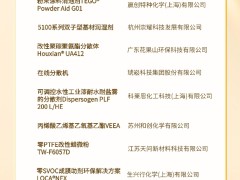据7月7日彭博社报道,尽管沙特阿拉伯上调了8月份的原油售价,但因为几乎没有更便宜的替代供应来源,一些亚洲炼油商正计划向沙特要求提供合同全部的原油量。
在欧佩克(OPEC+)增产谈判破裂后,沙特阿美上调了8月对亚洲的阿拉伯轻质原油官方售价,这是自今年1月以来的最高水平。目前,来自美国或北海的替代品级原油价格更高,这使得炼油商没有太多选择来控制不断上涨的成本。
据不愿透露姓名的炼油厂官员称,至少有5家加工商要求按合同数量装运8月份的货物,其中一家公司甚至还寻求更多沙特轻质原油,以取代大西洋盆地的现货购买。买家被要求在周三之前提交所谓的“报名”,并将在下周初收到分配金额的通知。
欧佩克+谈判的破裂意味着,该组织8月份的产量限制将继续生效,随着疫情引发的需求反弹加速,买家将无法获得更多的石油。现货石油市场正显示出走强的迹象,迪拜现货溢价时间处于2020年1月以来的最长水平。
阿曼原油与迪拜原油的掉期溢价也有所扩大,表明亚洲现货市场对中东原油前景看好。交易员们表示,10月份可以运往亚洲的美国轻质原油目前的价格比中东同类货物每桶高出约2美元,这意味着套利交易已关闭。
科威特、卡塔尔和伊拉克等中东主要产油国的其他原油官方销售价格将在未来几天公布。不过,这些供应商通常遵循沙特阿拉伯的定价策略。
王佳晶 摘译自 彭博社
原文如下:
Asian Buyers to Seek Full Saudi Oil Supply Despite Price Hike
Some Asian oil refiners are planning to ask for full contractual crude volumes from Saudi Arabia, despite the kingdom jacking up prices for August, as there are few cheaper alternative sources of supply.
Saudi Aramco raised the official selling price for its key Arab Light crude to Asia next month by the most since January after the breakdown of OPEC+ talks to boost output. Alternative grades from the U.S. or the North Sea are currently more expensive, leaving refiners without many options to curb rising costs.
At least five processors are requesting normal contractual volumes for August-loading cargoes, according to refinery officials who asked not to be identified. One will seek more of the lighter Saudi grade to replace spot purchases from the Atlantic Basin, they said. Buyers are asked to submit so-called nominations by Wednesday, and will be informed of allocated amounts by early next week.
The collapse of the OPEC+ talks means that the group’s output limits will remain in place for August, depriving buyers of extra barrels as the demand rebound from the pandemic accelerates. The physical oil market is showing signs of strength, with the prompt Dubai timespread at the widest backwardation since January 2020.
The premium of Oman crude to Dubai swaps has also widened, signaling a bullish outlook for Middle Eastern oil in the Asian spot market. Light-sweet crude from the U.S. that can be delivered to Asia in October is now about $2 a barrel more expensive than similar Middle Eastern cargoes, meaning the arbitrage trade is shut, according to traders.
Other official selling prices from major Middle Eastern producers such as Kuwait, Qatar and Iraq will be released in the coming days. Those suppliers typically follow Saudi Arabia in their pricing strategy.
免责声明:本网转载自其它媒体的文章,目的在于弘扬石化精神,传递更多石化信息,并不代表本网赞同其观点和对其真实性负责,在此我们谨向原作者和原媒体致以敬意。如果您认为本站文章侵犯了您的版权,请与我们联系,我们将第一时间删除。







